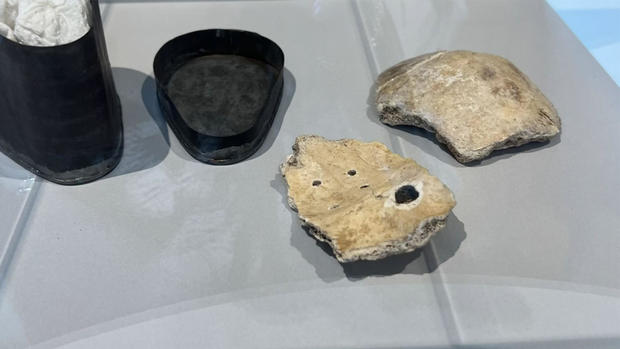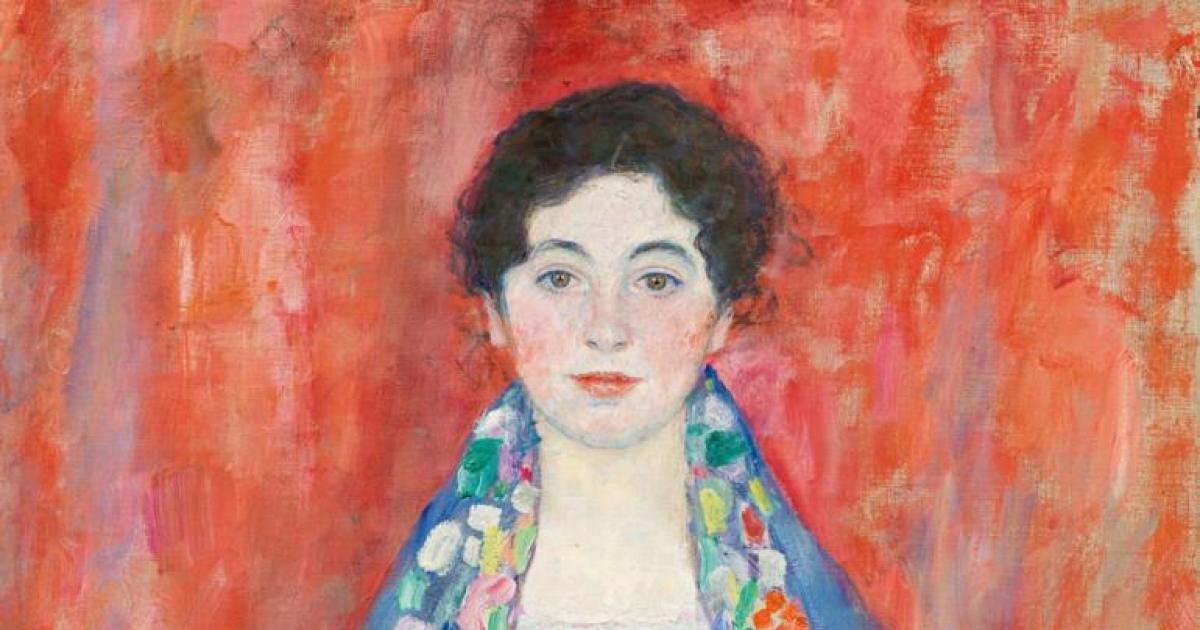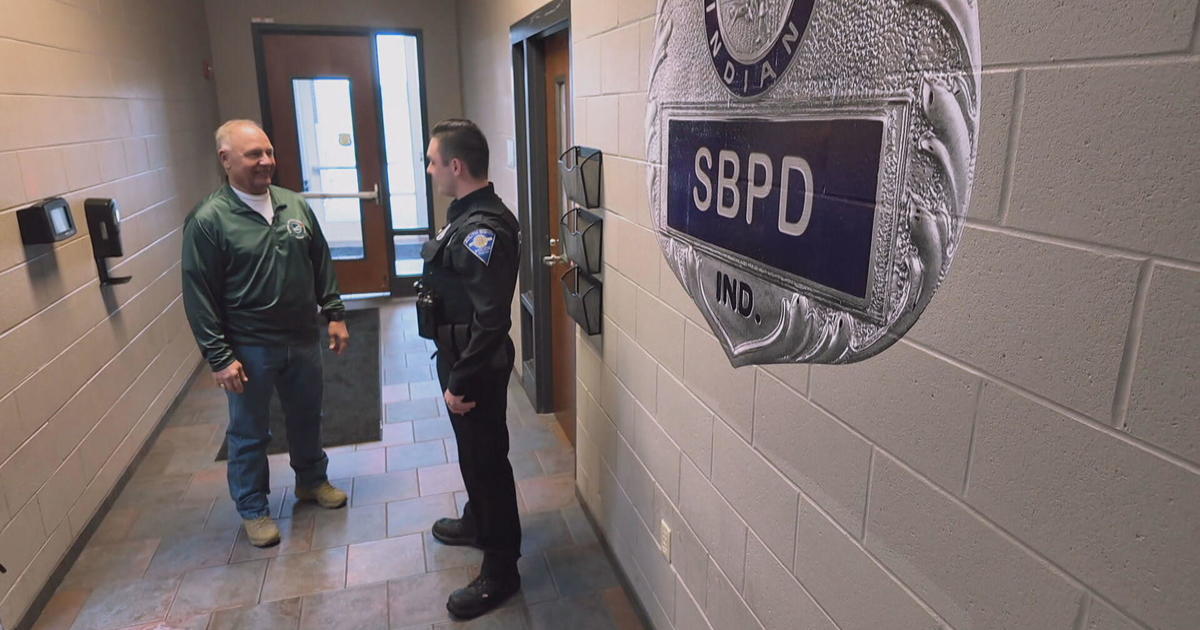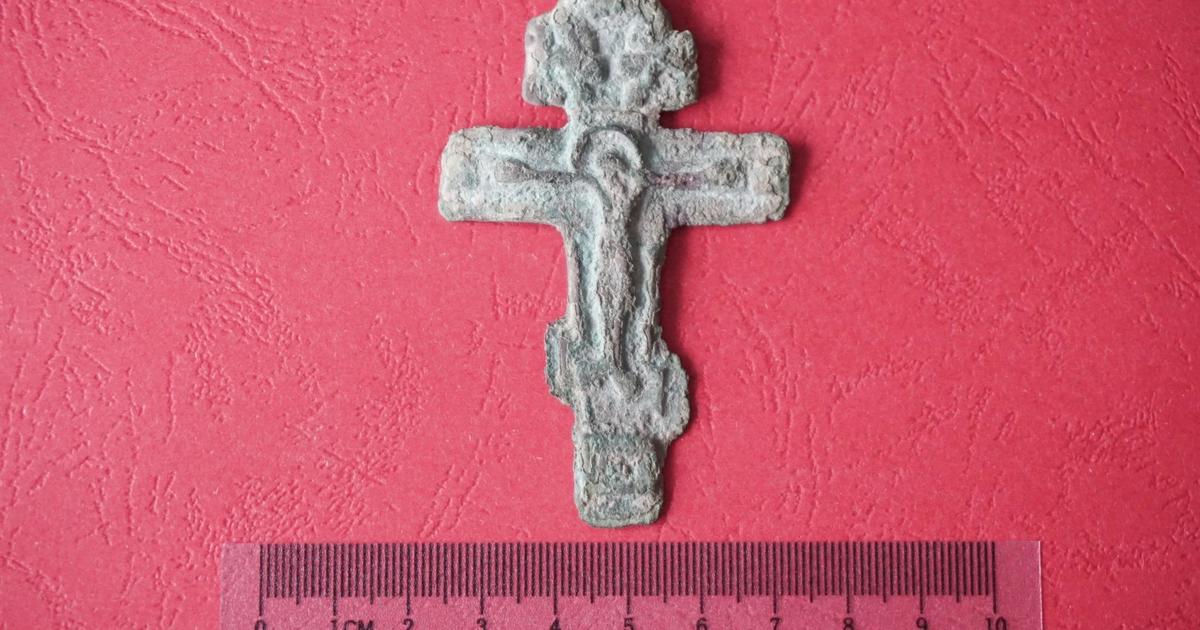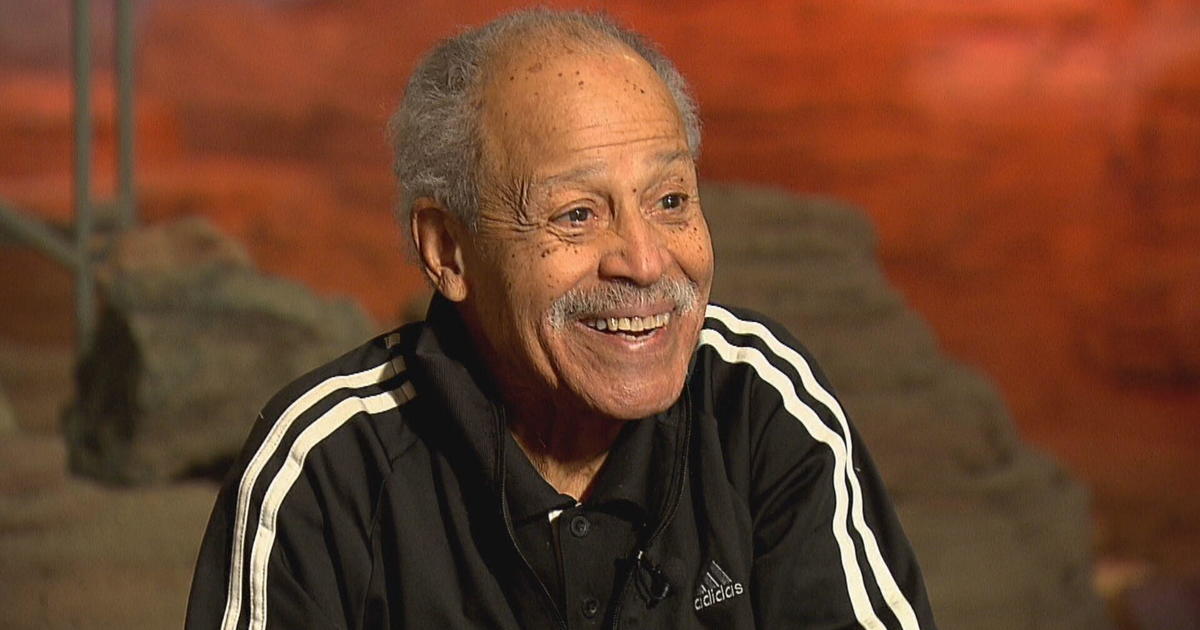Fragments of what's believed to be Beethoven's skull were in a drawer in California for decades
CARMICHAEL, Calif. – Bone fragments believed to be from 18th-century composer Ludwig van Beethoven have made their way back to Vienna after living in a locked drawer of a home in Carmichael, California, for the past 30 years.
Paul Kaufmann's remarkable journey in taking possession of the curios began in 1990 following the death of his mother.
She lived in a town in the south of France. After traveling there and going through her belongings, he would find a key — and that key would not only open a safety deposit box, but inside reveal a second box full of mysteries.
"A black tin container, actually, with a lid, and scratched on the surface … was the name Beethoven," Kaufmann said.
Inside, wrapped in tissue, were fragments of a skull thought to belong to one of the greatest composers the world has ever known.
"Surprise and wonderment. What is this all about?" Kaufmann said.
For the next 30 years, Kaufmann tried to answer that question.
He traveled back to the states with the skull in his suitcase and began researching, finding help from top scholars in San Francisco and San Jose.
"We later learned that the investigators were very excited about it," Kaufmann said.
Researchers would find a connection to Kaufmann's great-great-uncle, a Viennese physician named Dr. Franz Romeo Seligmann, who was also a medical historian and anthropologist.
Dr. Seligmann apparently received the bone fragments in 1863 after Beethoven's body was exhumed for research in part to try to learn what made the composer go deaf in one ear.
But technology of the time was limited and research went cold.
"And it was then handed down, all these 170 years, to me as the only survivor in the family," Kaufmann said.
It was just in the past week Kaufmann traveled to the Medical University of Vienna to return the fragments as a donation.
They're now known as the "Seligmann Fragments."
"It's totally exhilarating," Kaufmann said. "I can look up at the sky and see my mother and all my relatives so happy they're back to Vienna where they belong."
A portion of the bone fragments is also going to a DNA lab for further inspection, but researchers at the Medical University in Vienna already believe it to be authentic.
